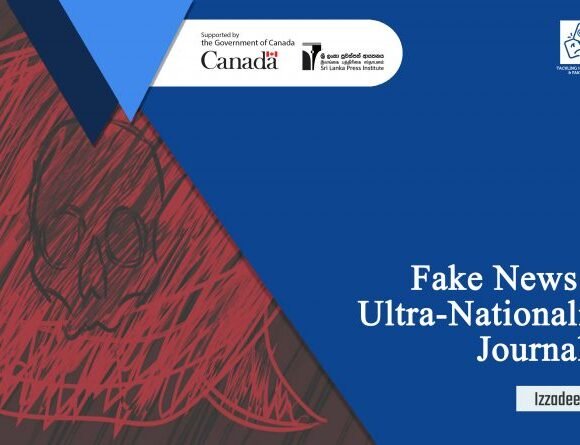Lilani Dias
There is the individual- locked up inside the house and cannot go out unless authorized to do so. Food and other necessities are supplied (assuming this individual is lucky), and every move of the said individual is monitored. This may sound like a scene from George Orwell’s novel “1984”, or its movie adaptation- “The Circle”, but it is not. This is more or less the status of existence for more than half of the world’s population, courtesy of COVId-19.
Ever since this twenty-first-century ‘plague’, lives have turned 360, and the mundane activities we used to engage in without much thought, have started to weigh heavily on us. Never has the world paid more attention to breathing in and out, to washing hands consistently, to take a shower every day. These everyday activities are now a part of survival. We are crammed inside the house, and to go out, is either not permitted, or if permitted, then regulated.
Depression, anxiety and suicide rates have skyrocketed around the world. We are caged animals yearning to return to the normalcy of our everyday lives. But, instead of our definitions of what is normal, existence is governed by a ‘new normal’, which ironically has nothing remotely normal about it. People often wonder if living like this is worth the trouble or not. Living used to be more than about staying alive.
In a chaotic way, the pandemic has created a sense of equality and at the same time, created a more pronounced sense of inequality. No matter how much one’s paycheck is, everyone wears a mask, has to maintain social distance in public, should take a PCR test if someone associated with him/her tests positive for the virus, and even if one is the epitome of fitness- a sneeze or cold is taken seriously. Locally, Sri Lanka has an ongoing and heated debate about the burial of the dead, as COVID-19 safety regulations imposed in Srri Lanka involve cremating the dead, despite what cultural practices associated with funeral rites may be. It could seem as if for once, there is no preferred treatment for factions. But just as it highlights our common mortal fragility, COVID-19 highlights how exactly we come from different places of existence.
While forcing these communal regulations across the world, the pandemic has cruelly alerted us to one’s luck of being privileged, and the bad luck of being underprivileged. While those who have access to internet facilities, with a stable supply of electricity and with the necessary devices find e-learning to be easy, those who are denied these remain subdued regarding how they are to complete their education. After years of hard work and many nights of studying, a device sits between them and their future. While a stable paycheck for state workers gets deposited into their banks, the laborer who depends on daily wages looks at his/her starving family and wonders, whether to be or to be. Similar inequalities are coupled with a caged life and are surrounded by the regulatory panoptic. As a result, existence has become more a crisis than ever.
As terrible as this may sound, the contemporary individual’s existential crisis will continue, and till we one day come out from behind the mask, we will wonder, if we are to be or not to be.









